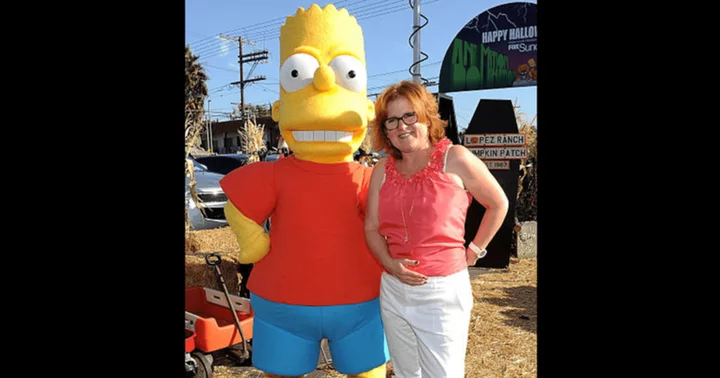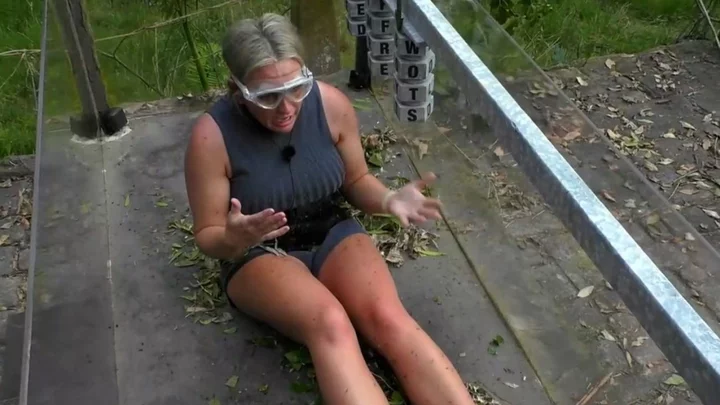BLOOMFIELD HILLS, MICHIGAN: A handwritten note from 2014 found in Aretha Franklin's couch after her death has been ruled to be a legal will for her multi-million dollar estate. After deliberating for almost an hour, jurors determined on Wednesday, July 12, that the document was signed by the Queen of Soul, who had put a smiley face in the letter 'A'.
Franklin's sons Kecalf and Edward were relieved as they claimed the 2014 documents should override the 2010 will found around the same time in a locked cabinet at the late singer’s Detroit home. The two wills had been at the center of a years-long battle over Franklin's estate that pitted Kecalf and Edward against their brother, Ted White II, who favored the 2010 will. The late singer's fourth son, Clarence, who has special needs and is guarded by the law, was not engaged in the case.
What was Aretha Franklin's net worth?
Franklin's net worth was reportedly $80M when she died from pancreatic cancer in August 2018. However, the estate's assets amounted to less than $6M as of today, according to BBC. When the singer died, it was widely believed she had not prepared a will but nine months later, the singer's niece, Sabrina Owens, who was then in charge of handling the estate, uncovered two different sets of handwritten documents in her Detroit home. Owens noted that the 2010 handwritten will was located in a cupboard, while the 2014 version was found in a notebook hidden behind cushions on a couch inside the house, according to the Daily Mail.
While there are minor differences between the two texts, both seemed to indicate that Franklin's four sons would divide copyright and music profits. According to the 2014 will, Kecalf and his children would inherit his mother's primary residence in Bloomfield Hills, which was originally valued at $1.1M but was now worth more. However, the document did not include a clause in the 2010 will that stated Kecalf and Edward "must take business classes and get a certificate or a degree" in order to receive money from the inheritance. During the trial that began on Monday, Kecalf and Edward argued the newer document revoked the intentions of the older one, while their half-brother Ted argued that it did not.
'I write my will and testimony'
On the witness stand, Kecalf stated that his mother handled business on the sofa frequently and that it "doesn't strike me as odd" that a will had been discovered there. During closing statements on Tuesday, his attorney also noted the nature of the notebook's finding was "inconsequential." Meanwhile, Edward’s lawyer, Craig Smith, emphasized in the opening sentence of the document, "To whom it may concern and being of sound mind, I write my will and testimony," to claim that their mother was "speaking from the grave."
After a brief trial, jurors ultimately sided with Kecalf and Edward and declared the 2014 documents as Franklin’s valid will. "I'm very, very happy. I just wanted my mother's wishes to be adhered to. We just want to exhale right now. It's been a long five years for my family, my children,” Kecalf told reporters outside the court after the hearing. Although he did not appear to speak with his brother Ted in the courtroom, he said, "I love my brother with all my heart."









